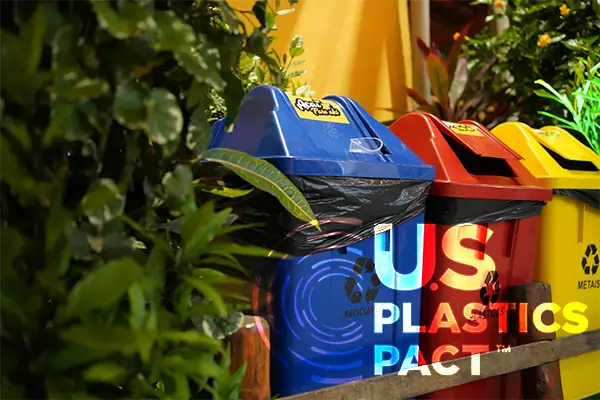Sunday, January 11, 2026
Innovation
Business
.webp)










.webp)































.webp)
